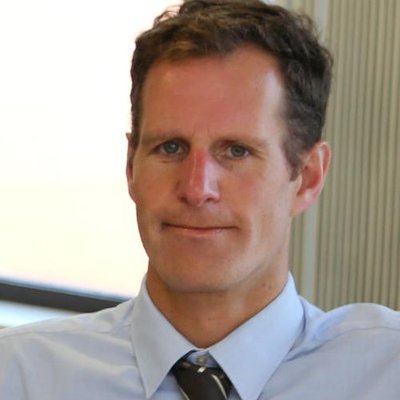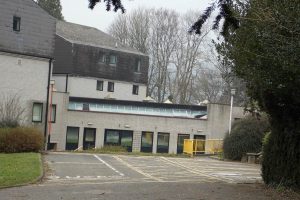DENTAL operations for vulnerable patients are due to resume at Bridgend’s Princess of Wales Hospital later this summer after major problems with its roof were identified last year, health chiefs were told.
The regional general anaesthetic dental service treats adults and children with severe special needs and varying levels of disability.
A report before Swansea Bay University Health Board said issues with theatre staffing at Princess of Wales Hospital had been ongoing for years and that waiting times for the anaesthetic service had grown since a number of health services moved out from the hospital temporarily due to emergency roof work.
Deborah Lewis, Swansea Bay University Health Board’s chief operating officer, told colleagues at a meeting the general anaesthetic dental service would be up and running again at the hospital, acknowledging that the delays would have caused stress for many patients.
“I have had assurance that August will be when waiting lists are going back in place,” she said.

The regional anaesthetic service for vulnerable patients used to be at Swansea’s Morriston Hospital before moving east to Princess of Wales Hospital – now run by Cwm Taf University Health Board – in 2013. A replacement of the latter’s roof is costing around £28 million.
Swansea Bay University Health Board provides a range of general, community and specialist dental services in its Swansea and Neath Port Talbot patch.
These include 52 general dental practices, two specialist orthodontic practices, a dental teaching unit in Port Talbot, some specialist restorative dental provision at Morriston Hospital, and an anaesthetic service for children at a clinic in Swansea’s SA1.
A study of 663 12-year-olds in Swansea Bay in 2023-24 found that just under a quarter of them had tooth decay, which was lower than in the past. Tooth decay, added the report, was also affecting fewer five-year-olds than previously.
Concerns were raised at the meeting about the number of patients who didn’t have access to an NHS dentist. As of May 7 this year 3,067 people in Swansea Bay had registered on a dental access portal which practices can draw patients from when they have capacity. According to the report there has been no additional Welsh Government funding to provide extra capacity for patients on the portal.
Karl Bishop, the health board’s dental director, said the dental access portal was “a major concern for us” but that steps had been taken to get people, especially children, off it.
Since 2023 two dental practices in Neath and one in Swansea have experienced significant workforce issues, resulting in many patients being unable to access either routine or urgent care. The report said the workforce situation had improved recently at two of the three practices, but added: “However, the lack of routine NHS dental care, places significant pressure on the urgent dental pathway.”
Proposed new contracts for general dental services from April 2026 onwards are currently out for consultation in Wales following negotiations between the Welsh Government, NHS Wales and the Welsh General Dental Practice Committee, which represents dentists.













